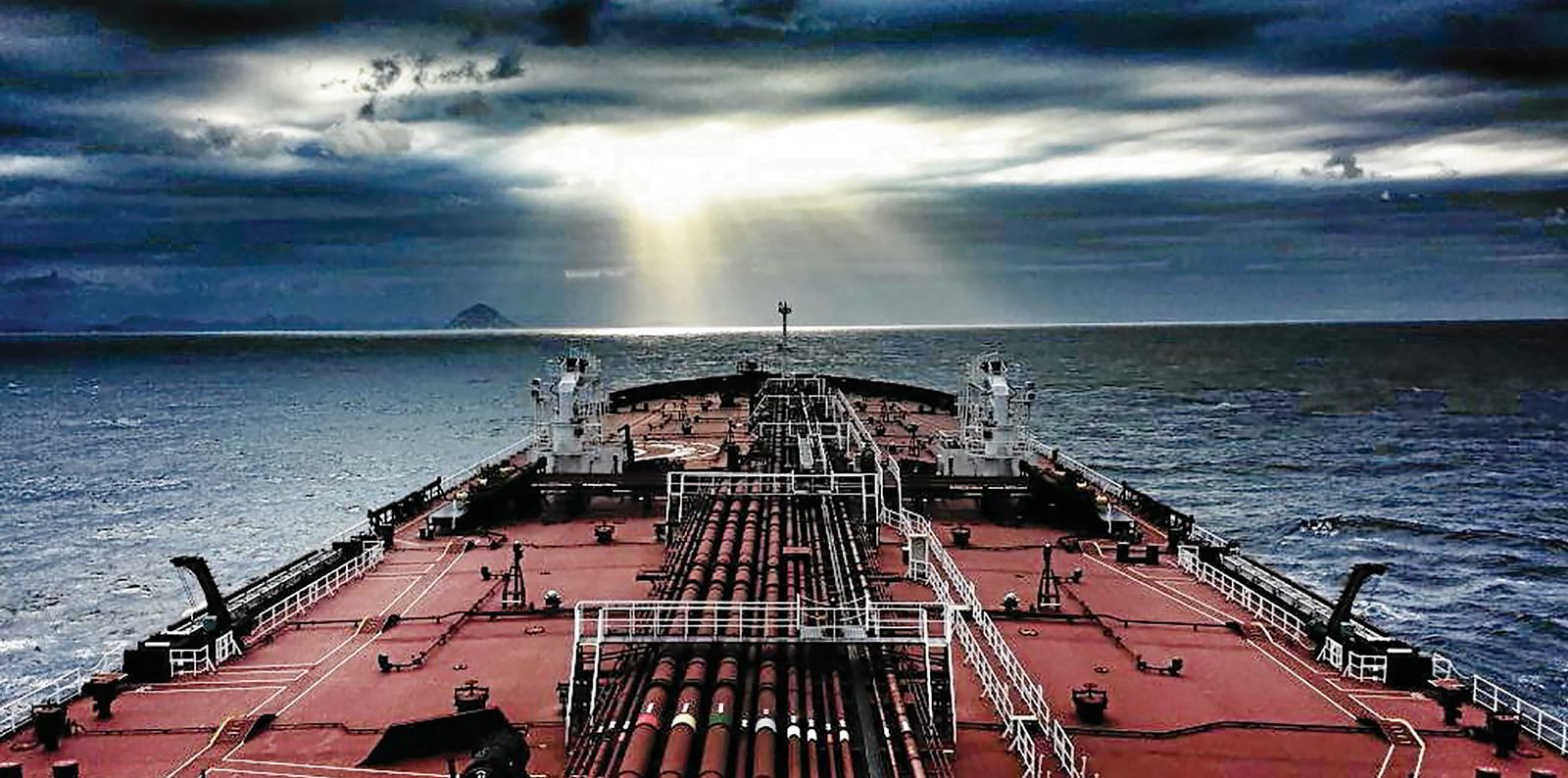Greek lender Piraeus Bank has failed in a bid to recover losses from insurers after a mortgaged tanker was held for 14 months in a Venezuelan oil smuggling probe.
UK high court judge Neil Calver ruled that the detention of the 51,000-dwt chemical carrier Zouzou (built 2010) did not give rise to an insured loss under a war risks policy with the Hellenic Mutual War Risks Association.
The tanker, which was insured for $55m, is managed by Opera of Greece for owner Doran Navigation.
Piraeus Bank had attempted to claim under a mortgagees’ interest policy of insurance as the bank and shipowner believed the vessel to be a total constructive loss (CTL).
The successful defendants included underwriters Antares Underwriting and Skuld.
Law firm Kennedys, together with Guy Blackwood QC and Benjamin Coffer of Quadrant Chambers, represented the underwriters.
Jonathan Evans, a partner at Kennedys, said the ruling vindicated the position taken by the underwriters.
“The decision provides welcome clarification of the scope of cover under mortgagee insurance interest policies,” he said.
The saga began on 16 August 2015, when the Zouzou called at Puerto La Cruz, Venezuela, to load a cargo of high sulphur diesel oil (HSDO).
The ship had been chartered for two years by Transalba, which is understood to be a joint venture between domestic oil company PDVSA and Cuba’s Internacional Maritima.
Illegal loading?
On 22 August, during an inspection by oil ministry officials, it was noticed that the vessel’s number 6 tanks had been loaded, despite them not having been nominated for the cargo.
Venezuelan law enforcement officials arrested seven people that day on suspicion of illegal loading: three employees of PDVSA who had been involved in the loading operation, tanker master Don Bastian Tio and three other officers.
The ship was also detained and only released by the Criminal Control Court on 17 October 2016.
The shipowner was not charged.
In 2019, all defendants were acquitted.
A trial found that the evidence offered by the prosecution fell short of providing sufficient certainty of guilt.
Justice Calver ruled the detention of the ship was not unlawful, removing any chance of cover under a war risks policy.






